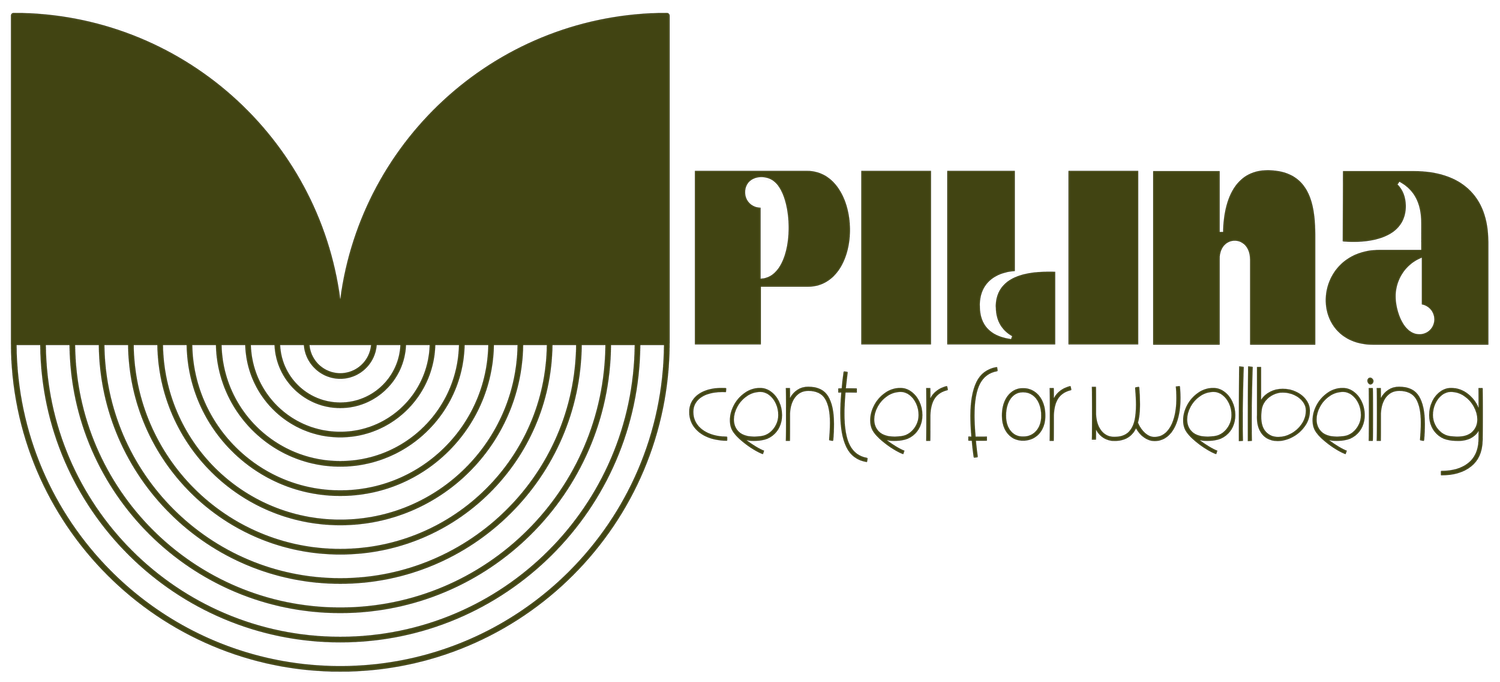Successful Pilot of Pilina Welo with Over 130 Community Members in Hawai‘i
Pilina Welo participants at our September 29, 2023 session
The PCW Hui is proud to share another pilot project completed by founder, Jo Qina‘au - Pilina Welo. From January until December of 2023, Jo offered a series of six 45-minute online sessions rooted in Kanaka ‘Ōiwi perspectives on wellbeing for 24 Hawai‘i-based organizations. The name Pilina Welo was gifted by hui member Kamalani M. F. H. Johnson, and emphasizes the shift in mauli ola paradigms nourished by this initiative, in support of sustainable intergenerational thriving. Embodying the dimensions of Kūkulu Kumuhana, these innovative sessions wove the wisdoms of Jo’s Kanaka ‘Ōiwi ancestors with her 18 years of teaching in meditation, mindfulness, movement, and breathwork from Yogic and Buddhist lineages.
Pilina Welo is one of several projects under Ho‘omana i ka Mauli Ola, PCW’s community branch empowering Kanaka ‘Ōiwi mauli ola. This particular venture was formed in partnership with the Kūkulu Kumuhana Working Group (Liliʻuokalani Trust, Kamehameha Schools, the Office of Hawaiian Affairs, the Consuelo Foundation, Culturally Responsive Evaluation and Assessment Hawaiʻi, the Department of Native Hawaiian Health-John A. Burns School of Medicine, and the Kualoa-Heʻeia Ecumenical Youth (KEY) Project), through a Kūkulu Kumuhana collaboration award.
The first session of the series focused on the dimension of Pilina, centering participants’ aloha for the many relationships in their lives, and building participants’ capacity for connection. Session two focused on the dimension of ‘Āina Momona, centering participants’ relationship with ‘āina, building their capacity to kilo, and reflecting on how they may both contribute to and receive from fertile lands. Session three focused on the dimension of Waiwai, guiding participants through reflections on ancestral wealth and abundance in its many forms. The fourth session centered on Ke Akua Mana, opening participants to further connection with the spiritual realm. Session five focused on the dimension of ‘Ōiwi, inviting participants to explore their sense of self through cultural identity - who we are in our bones. Finally, session six centered the dimension of Ea, guiding participants through reflections on life, breath, sovereignty, independence, and liberation both collectively and individually. The movement, breathwork, and meditation prompts in each session were tailored to each KK dimension, and conceived of in wahi pana across O‘ahu.
Pilina Welo’s 130+ participants came from 24 organizations serving Hawaiʻi’s communities, including:
The Hawaiʻi State Coalition Against Domestic Violence (20 participants):
Catholic Charities Hawaiʻi
Child & Family Service
Children’s Law Project of Hawaiʻi
Domestic Violence Action Center
Family Promise of Hawaiʻi
Hawaiʻi Health & Harm Reduction Center,
Hawaiʻi Rise Foundation
Island of Hawaiʻi YMCA Family Visitation Center
Legal Aid Society of Hawaiʻi
Lо̄kahi Treatment Centers
Neighborhood Place of Kona
Parents and Children Together
PAU Violence
Salvation Army of Hawaiʻi Family Treatment Services
Victim/Witness Kо̄kua Services
Women Helping Women
Women in Need
YWCA Kauaʻi
Hawaiʻi County Research and Development (10 participants)
University of Hawai‘i at Mānoa (over 100 participants)
Native Hawaiian Place of Learning Advancement Office
Truth, Racial Healing, and Transformation Campus Center
Institute for Hawaiian Language Research & Translation
Thanks to the evaluation report prepared in collaboration with Dr. Sarah Combs, also a PCW hui member, we learned that of the 40 participants who completed follow-up surveys, 92% stated that their initial reaction to the program was “extremely positive.” Participants recognized the relevance of these contemplative sessions to their personal wellbeing, as well as that of their ‘ohana, organization, and community.
The PCW looks forward to continued implementation and improvement of Pilina Welo through community participation and feedback. E ola!

